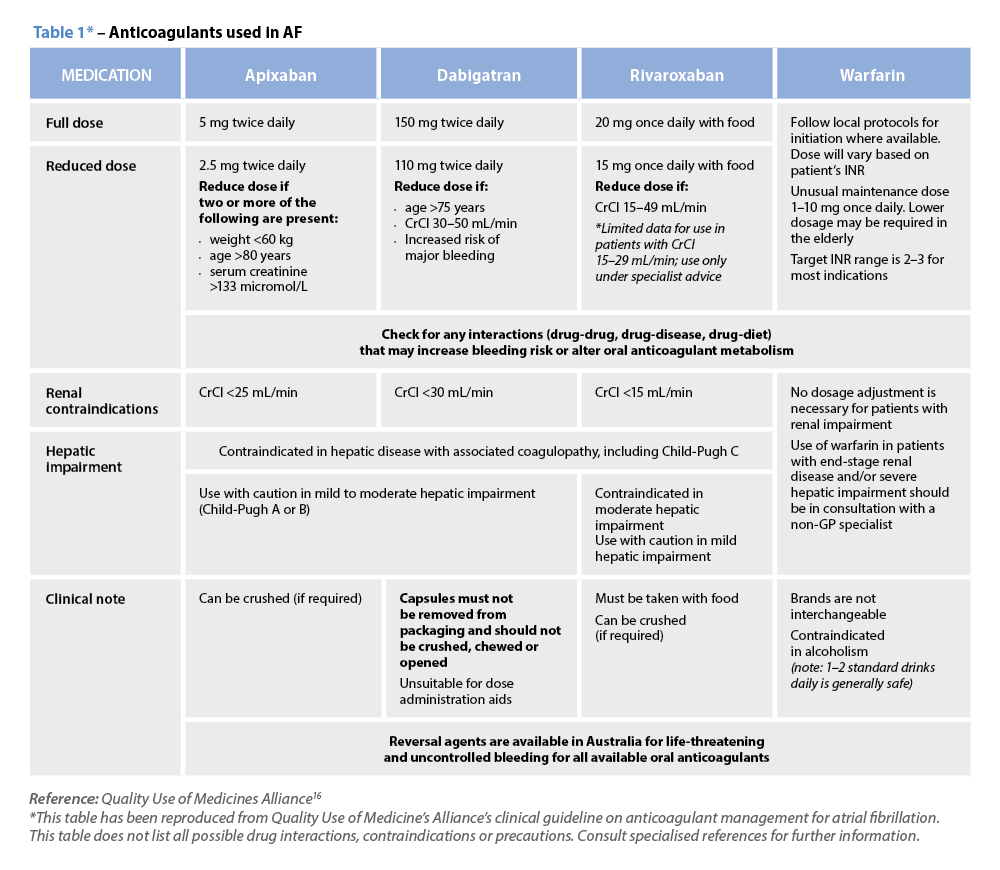The changes to ongoing Continued Dispensing arrangements after the expiry of the emergency measure last week came as a shock to many pharmacists.
This week’s flooding event in New South Wales, the third to hit the east coast this year, and school holiday airport chaos across the country leading to delayed flights and lost luggage demonstrate the need for regulations that support the supply of medicines in an emergency.
However, the changed regulations mean pharmacists now have their hands tied behind their backs in many situations where patients need help.
With more clarity on the transition arrangements, Australian Pharmacist explores the current situation in each jurisdiction and the requirements that may have slipped past you.
1. Medicines not eligible for PBS Continued Dispensing can be privately supplied in QLD/NSW/ACT/VIC
Under various emergency authorisations, pharmacists can privately supply full packs of essential medicines used for conditions such as depression, epilepsy, Chronic obstructive pulmonary disease (COPD), arrhythmias and anticoagulation which are excluded from the expanded permanent PBS measure.
However, while non-PBS medicines can be supplied under Continued Dispensing arrangements in half of Australia’s jurisdictions, these emergency authorisations are not permanent.
As mentioned in AP last week, Victoria issued a 6-month extension to the emergency orders, which will expire in December 2022.
NSW issued a 3-month extension, expiring in September 2022, while a longer-term solution is developed.
All patients accessing non-PBS Continued Dispensing medicines must pay the private price for those items.
2. In WA and SA, pharmacists can only supply medicines on the PBS Continued Dispensing list
Any medicines that are not on the PBS Continued Dispensing list are limited to the existing ‘3-day rule’ for emergency supply.
Western Australia has cancelled the special authorisation under the previous arrangement and updated the Continued Dispensing Structured Administration and Supply Arrangement to align with the Commonwealth list.
This opens up a gap in access to the emergency supply of medicines in these regions. While pharmacists in Broken Hill, NSW for example, could supply a month’s worth of venlafaxine in an emergency, the same patients would be limited to 3 day’s supply in Busselton, WA.
3. Tasmanian pharmacists can only supply statins and oral contraceptives via Continued Dispensing arrangements, for now
Since the expiry of the emergency arrangement on 1 July, pharmacists in Tasmania can only supply statins and oral contraceptives via Continued Dispensing, as intended by the original Continued Dispensing arrangements issued back in 2012.
And now back to Tasmania. In a retrograde step, with access to GPs worse in Tasmania than the rest of the country, we will see more patients stop their medicine. More patients end up in EDs for a prescription, and more harm @jeremyrockliff
12 /14— Shane Jackson (@ShaneJacks) July 2, 2022
With limited GP access in parts of the state, this ruling will impact Tasmanians’ access to medicines to manage chronic illness.
However, the current situation should be temporary. The Premier of Tasmania, Jeremy Rockliff has approved changes to the Poisons Regulations 2018 to enable the state to adopt the Commonwealth PBS list. However, the legislation is awaiting final sign-off from the Governor before it can be enacted.
4. Pharmacists must document the information that led to the decision to supply, as well as a few other things
Documentation of supply of medicines under Continued Dispensing arrangements has always been required. This includes documenting the information that informed the pharmacist’s decision to supply a medicine via Continued Dispensing.
Pharmacists must also document that: the prescriber is unable to be contacted and/or is unable to provide an electronic prescription; the medicine has been previously prescribed and therapy is continuous, stable and has been reviewed by the prescriber after initial prescribing; and that the medicine has been supplied to the patient as a PBS medicine in the previous 3 months.
As most pharmacy software is not equipped to record this information, pharmacists should log Continued Dispensing details in patient notes in their dispensing software.
5. Therapy must be stable and continuous to ensure supply, but patients must go back to their prescriber for review after the medicine was prescribed
A requirement of access to medicines through Continued Dispensing arrangements is that the medicine has been supplied in the last 3 months, and that therapy is continuous and stable.
But patients must also be reviewed by the prescriber after they issued the initial prescription.
If a patient was prescribed a blood pressure medicine, for example, they must be reviewed by their prescriber after the medicine was initiated in order to access it via Continued Dispensing, even if the prescriber authorised a number of repeats.
While this is an existing requirement, it may have gone under the radar for many.
Make sure you are up to date with the Continued Dispensing requirements in your jurisdiction. For more information, visit the PSA microsite or call the PSA pharmacist-to-pharmacist advice line.




 ‘We’re increasingly seeing incidents where alert fatigue has been identified as a contributing factor. It’s not that there wasn’t an alert in place, but that it was lost among the other alerts the clinician saw,’ Prof Baysari says.
‘We’re increasingly seeing incidents where alert fatigue has been identified as a contributing factor. It’s not that there wasn’t an alert in place, but that it was lost among the other alerts the clinician saw,’ Prof Baysari says.


 Beyond the arrhythmia, AF often signals broader pathological processes that impair cardiac function and reduce quality of life and life expectancy.5 Many of these conditions are closely linked to social determinants of health, disproportionately affecting populations with socioeconomic disadvantage. Effective AF management requires addressing both the arrhythmia and its underlying contributors.4
Beyond the arrhythmia, AF often signals broader pathological processes that impair cardiac function and reduce quality of life and life expectancy.5 Many of these conditions are closely linked to social determinants of health, disproportionately affecting populations with socioeconomic disadvantage. Effective AF management requires addressing both the arrhythmia and its underlying contributors.4  C – Comorbidity and risk factor management
C – Comorbidity and risk factor management Warfarin
Warfarin




